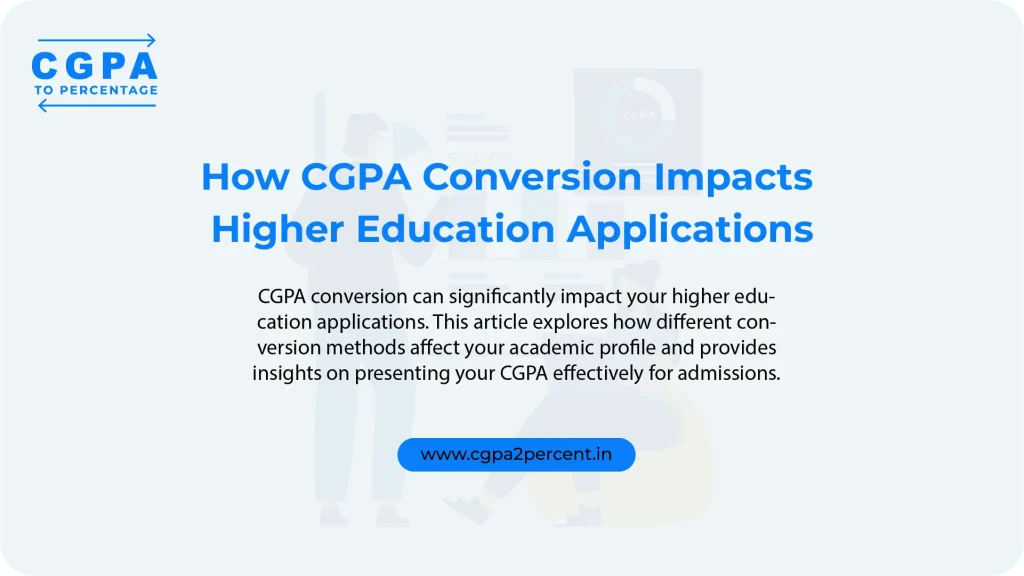How CGPA Conversion Impacts Higher Education Applications
In the Indian education system, CGPA systems is gaining popularity day by day. The traditional Percentage system is still valid, but most of the institutions prefer to use GPA system. The reason is that it gives a more comprehensive view of the abilities of a student in different aspects. CGPA is calculated on different scales, but the 10-point scale is more common in Indian universities.
However, some universities still require Percentage scores. The method of calculation and the formulae of conversion from CGPA to Percentage varies. Let’s understand how this difference impacts the higher education of students.

Why is CGPA Conversion Important?
Understanding how your CGPA converts to a percentage or other grading scales is important. Students usually need to convert their scored when applying for higher education, whether in India or abroad. Here’s why:
- Uniformity Across Institutions:
Universities may have different grading systems. Converting your CGPA into a percentage allows for a standard comparison.
- Eligibility Criteria:
Many institutions have minimum percentage requirements to become eligible for admissions. Knowing your percentage helps you understand which programs you’re eligible for.
- Scholarship Applications:
Many scholarships, both national and international, require a minimum percentage for eligibility. Converting your CGPA ensures you meet these criteria.
- Global Recognition:
While CGPA is widely recognized in India, percentages are more commonly understood internationally. Conversion is often required when applying to foreign universities.
How CGPA Conversion Affects Your Higher Education Applications
The conversion from CGPA to percentage can significantly influence your higher education applications in several ways:
- Meeting Cut-Offs:
For highly competitive courses, every percentage point matters. A slight change in your percentage after conversion can determine whether you meet the cut-off criteria for a particular course.
- Impact on Merit Lists:
Merit-based admissions are common in Indian universities. Your converted percentage plays a crucial role in your ranking on merit lists, especially for popular courses like engineering, medicine, or management.
- Comparison with Peers:
When applying for courses where admissions are based on merit, your percentage is directly compared with other applicants. Accurate conversion ensures a fair comparison.
- Influence on International Applications:
For students applying abroad, especially in countries like the USA, UK, or Canada, CGPA alone may not suffice. Many foreign universities require a percentage or GPA on a 4.0 scale, making conversion essential.
Impact on Postgraduate Admissions
For students wanting postgraduate studies in elite institutions like the Indian Institutes of Technology (IITs) or Indian Institutes of Management (IIMs), CGPA conversion plays a very important role. These institutions often have stringent cut-offs, and even a minor miscalculation can affect your application’s success.
For example, a CGPA of 8.5 might seem impressive, but when converted, it translates to 80.75% (using the CBSE formula). If a particular course has a minimum requirement of 85%, this conversion becomes critical.
CGPA Conversion for International Applications
When applying abroad, many universities require you to submit your academic records in a format they recognize, typically a percentage or GPA. Here’s where things get tricky:
- USA:
American universities often use a 4.0 GPA scale. Indian students need to convert their CGPA into a 4-point grading scale GPA.
- UK:
British universities may ask for a percentage or a classification (like First Class). Accurate conversion ensures your application meets their standards.
- Canada:
Similar to the USA, Canadian institutions may ask for a GPA, necessitating careful conversion.
In these cases, it’s advisable to consult the university’s admissions guidelines or seek professional help to ensure your CGPA conversion is accurate.
Frequently Asked Question
Conclusion
CGPA is calculated on the basis of credit hours, therefore it is very important to know the exact conversion formulae. CGPA conversion in other grading systems, or vice versa, is very important for student who switch institutions of higher studies. They are required to present their grades in a scale that the other institute recognizes. Therefore, it is important to present your performance in a scale in the required system. If you learn to accurately convert your grades according to the required grading formula, you can easily apply for any institution where you are eligible. If you need to convert your CGPA into Percentage, using this tool can make the process easier for you.
